Londoners without Underground service during walkout
Severely disrupted London Underground services spurred Londoners to turn to bikes, buses and black cabs to make their way through the capital during the first day of a Tube workers’ strike.
Members of the Rail, Maritime And Transport union (RMT) staged the walkout over pay and conditions, including a request for a reduction in the hours that make up a working week.
The Elizabeth line and the Overground were operational, albeit much busier than usual, Transport for London (TfL) said.
Industrial action is due to continue until 08:00 BST on Thursday.
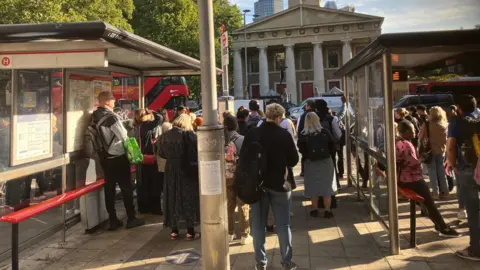
Cycle hire company Lime, which has more than 25,000 bikes across London, said it tried to keep as many of them as possible in service.
General manager Kaan Tas said the company knew from experience that demand surges during strikes and Lime had a team on standby to keep vehicles in service.
There were also extra foot patrols in central London to keep high-demand areas clear and bikes available.
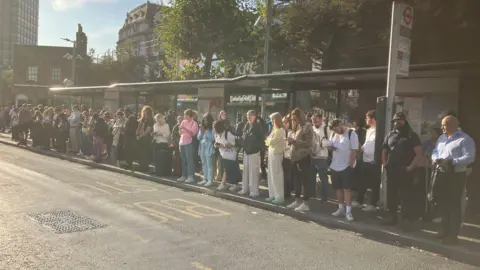
Chris Barnes, who travels into central London from Ramsgate on the Kent coast five days a week said the strike caused his daily journey to become a 6-hour round-trip.
He said he accepted Tube workers “were unhappy, but my sympathy has run out”.
NHS worker Rachel Edwards said she did not agree with the RMT’s demand for a 32-hour week, believing it to be “unrealistic”.
She added: “The country is in such a mess and we all need to pull together and not go on strike.”
Another traveller, Paul Weallans, described the strikes as “a fact of life in London” and hoped a resolution would “not be a long time coming”.
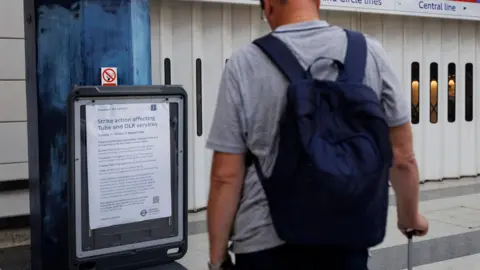 EPA
EPA‘Fair and affordable’
The RMT union said its members did not strike with the aim of disrupting small businesses or the public.
“We believe a shorter working week is fair and affordable particularly when you consider TfL has a surplus of £166m last year and a £10bn annual operating budget.”
The union said there were 2,000 fewer employees on the Underground since 2018, with members “feeling the strain of extreme shift patterns”.
London Underground, which runs the Tube network, described union demands for a cut in the 35-hour week as “simply unaffordable”.
Director of customer operations Nick Dent said a reduction to a 32-hour week would cost the company “hundreds of millions”.
He also said this week’s actions would be “very damaging” for London Underground, as separate groups of workers are walking out on different days.
Information about which Tube lines are affected by industrial action can be found on TfL’s website.
The prime minister’s official spokesman said Londoners would “rightly be fed up with the disruption” and the RMT and TfL needed “to get back around the table, work together to resolve this dispute in the interests of passengers”.
The Mayor of London, Sir Sadiq Khan, said the strike action was “bad news for London”.
He said he encouraged the RMT to negotiate a settlement with TfL to end the strike.
“TfL have made clear they can’t afford its workers working fewer hours for more pay, but they are willing to talk to the RMT and other unions whenever there is a dispute and to try and resolve things amicably,” he said.
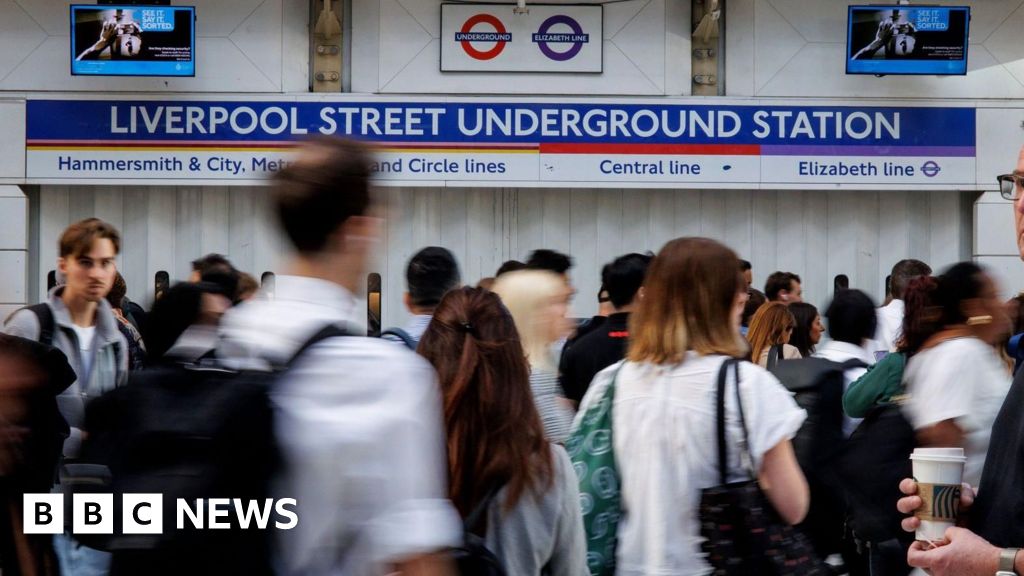

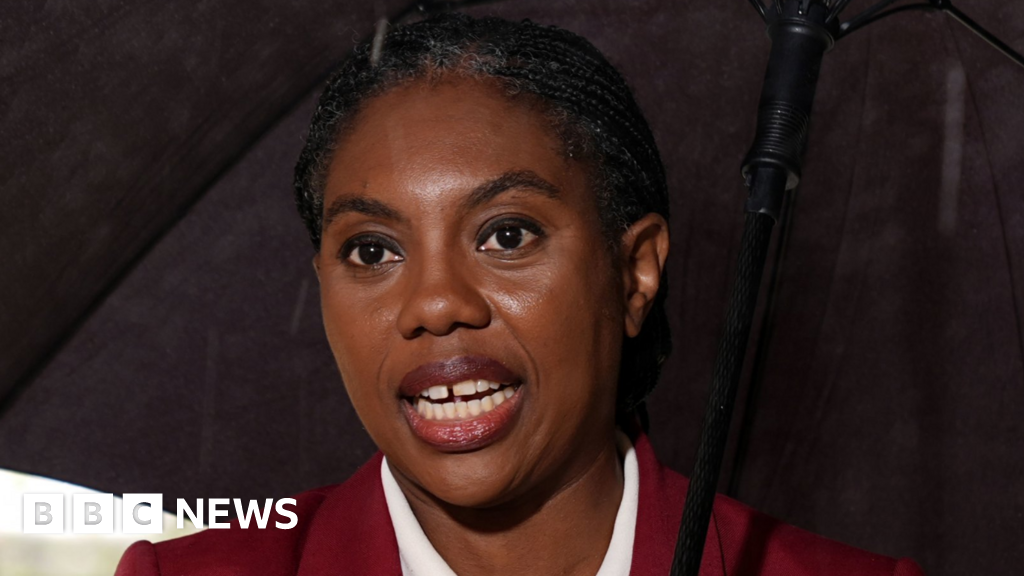
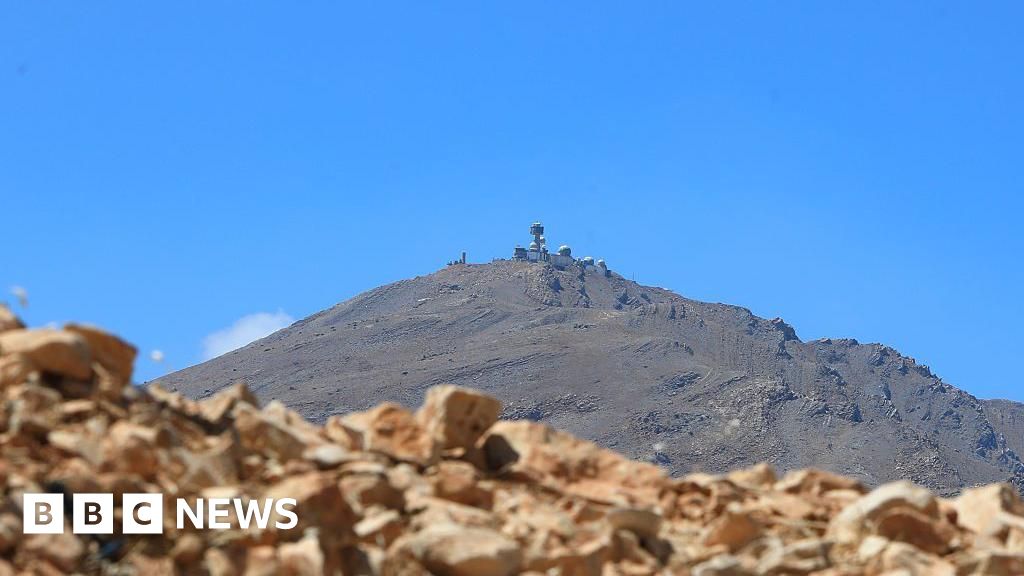
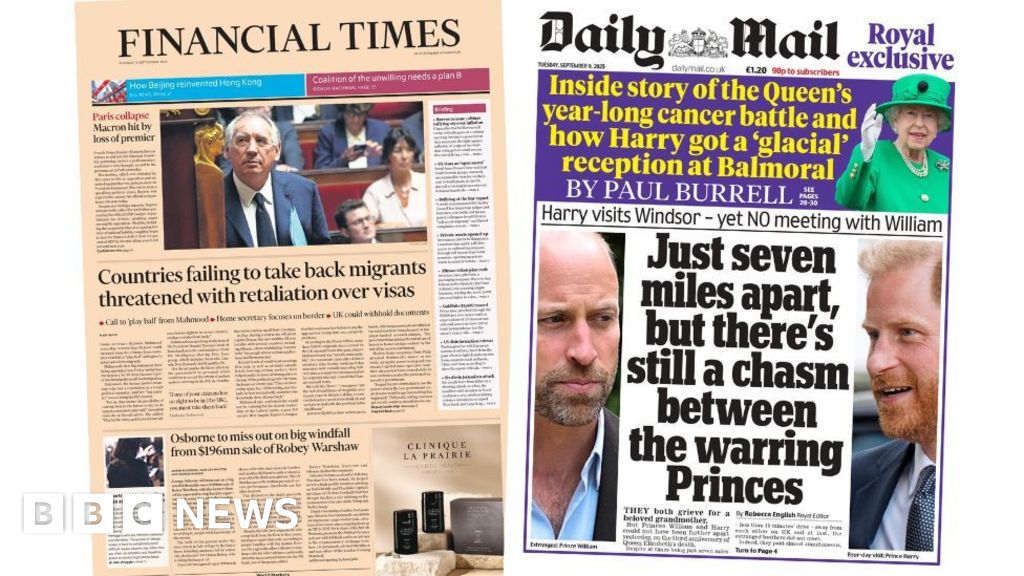
إرسال التعليق